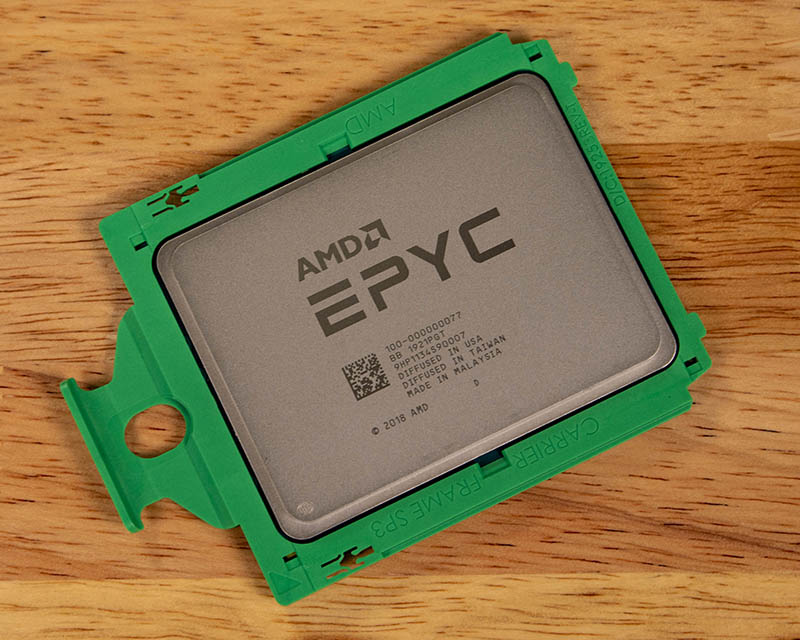I'm not against humor. I am against using it to mischaracterize or marginalize something. If something is close to an order of magnitude better in pricing than previous market value, "not terrible" is off base.You have every right to disagree. I have every right to point it out.
Using run of the mill colloquialisms may be fine for passing conversation and even to a point here.
People put effort into this article as did the engineers that created the product. It's not a joke unlike this thread.
In thinking about your post, regarding "close to an order of magnitude better in pricing" than previous market value, I would be interested to know where you got this data. EPYC 7601 was $131/core, 7742 is $108/core. That's not even close to an order of magnitude (at least as commonly used, 10x - though it's not even 2x the value, so I'm not sure what definition you mean when you say "order of magnitude").
IMO, "excellent" would be a better scaling of cost per core from bottom to top of the EPYC lineup, since cost of silicon doesn't rise exponentially with the amount you put on a chip,
e.g. for excellent value, since the 8C/16T 7262 2P (boost 3.4GHz) retails for $575, I would anticipate a 64C/128T 7742 2P (boost 3.4GHz) might retail at $4600, plus a margin for binning I/O chiplets, for power consumption, etc., if they need to, though this doesn't intrinsically increase the cost of the production of the chip. Yet it retails for $6950, which is a 50% upcharge per core over the 7262. That's why it's not excellent in my mind. However, I understand that it's industry-standard to charge more for putting more power in a single socket, a "convenience charge" if you will. And it's in-line with their scaling on Ryzen and TR, roughly. And the market will still eat it up, as above, because plugging this much power into a 2P system will be worthwhile for a lot of people.
Another thing, the 7262 has 128MB L3 for 8 cores (16.5MB/core L1-L3), while the 256MB L3 for 64 cores (4.5MB/core L1-L3) -- which to me is somewhat striking. Well, anyway, I'm not a computer engineer. I'm sure those decisions have a reason. But considering the substantial die space cost of L3$, it lends even more credence to my thoughts that the 7742 is even less excellent from a pure value standpoint.
So, in my opinion, it's not excellent pricing when they're upcharging because they can, not because they need to. There's little "silicon" reason for them to price it where they have. Just because they're not, to use a colloquialism, screwing the purchaser as hard, doesn't mean that they're not still screwing the purchaser. It's just better than what is currently on the market from Intel. However, my key point about pricing is that their per-core pricing is worse than most of the rest of AMD's lineup and for no legitimate reason other than the convenience of having 64 cores in one socket, which does have value, but not to the point of a 50% upcharge. Hence, I wouldn't call it great or excellent or terrible. It's... not terrible. "Actually terrible" would be Intel's per-core pricing.
As for this forum not being a place for joking, that's your opinion, but it's not a forum rule, and it's fun, and I like fun, so I'll keep on doing it.
Regarding colloquialisms, it's very interesting that you use one in your own post. Regardless, I like colloquialisms, so I'll keep using them too.



